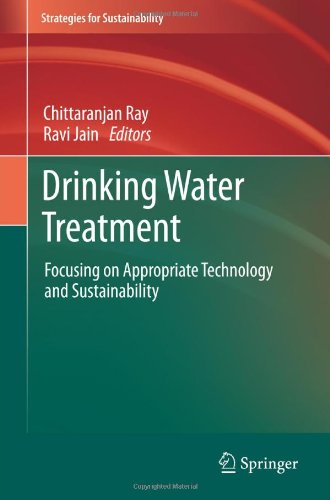

Most ebook files are in PDF format, so you can easily read them using various software such as Foxit Reader or directly on the Google Chrome browser.
Some ebook files are released by publishers in other formats such as .awz, .mobi, .epub, .fb2, etc. You may need to install specific software to read these formats on mobile/PC, such as Calibre.
Please read the tutorial at this link: https://ebookbell.com/faq
We offer FREE conversion to the popular formats you request; however, this may take some time. Therefore, right after payment, please email us, and we will try to provide the service as quickly as possible.
For some exceptional file formats or broken links (if any), please refrain from opening any disputes. Instead, email us first, and we will try to assist within a maximum of 6 hours.
EbookBell Team

5.0
98 reviewsSustainable technologies for water supply are urgently needed if water has to be supplied to billions of less fortunate people with inadequate access to water. These technologies must be simple, less expensive, less energy intensive, and easy to maintain for their adaptation among the poor masses.
Four appropriate technologies are discussed here: solar pasteurization, membrane desalination, natural filtration (riverbank filtration), and solar distillation. Solar pasteurization can be a useful means of producing water at remote, but sunny locations where fuel may not be easily available for boiling water. Membrane desalination will remain as a viable means of drinking water production for individual households to large communities. Various membrane filtration techniques as well as the means to “democratize” membrane filtration have been presented. Riverbank filtration is a “natural” filtration technique where drinking water is produced by placing wells on the banks of rivers. The riverbed/bank material and the underlying aquifer act as natural filters to remove pollutants from river water. Solar distillation can be a viable method of drinking water production for individual households to small communities without the input of external energy. Sustainability framework and technology transfer are discussed through transdisciplinary analysis.